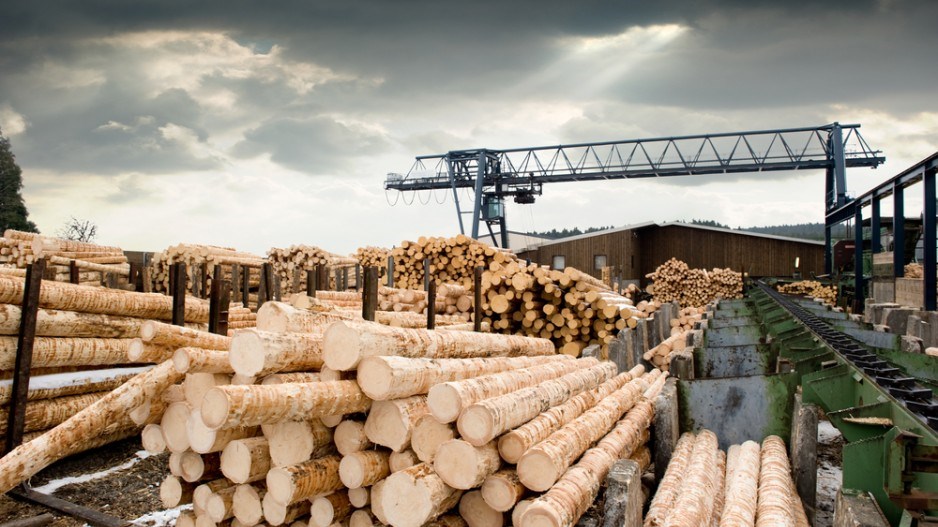Dwight Yochim described his industry as "doing better, but still fragile." The head of the Truck Loggers Association gave the BC Liberals a cautious thumbs-up for making efforts to diversify markets and harvesting.
When the Liberals were elected in 2001, the coastal forest industry had already gone through six years of declining performance, in part because exports to Japan had dried up after the Kobe earthquake in 1995.
The Forest Revitalization Act, introduced in 2003, was a major turning point.
"They took back about 20% of the cut from the majors and redistributed it to First Nations … community forests and woodlots," said Yochim. "The belief at the time was that more diversified harvesting would create a more robust log market."
Yochim credits the Liberals with helping to diversify markets away from B.C.'s traditional reliance on the U.S.
"India's still under development, but China's come on pretty strong, to the point where some months 20% to 30% of our exports are going to China, rather than going to the U.S.," said Yochim.
The downsides?
Investment in existing mills and manufacturing has been lacking, and while the intent of the policy was to diversify the industry, one large company, Western Forest Products, now controls even more of the annual harvest.
With ongoing treaty negotiations with First Nations, the 20% of harvesting rights the government redistributed in 2003 now seems lacking.
After weathering the 2006 U.S. housing crash and the 2008 recession, Yochim said his association's members are now cautiously optimistic.
"Things are on the upswing. I've talked to many of our member companies and some of them have said, 'I'm as busy as I want to be.'"




